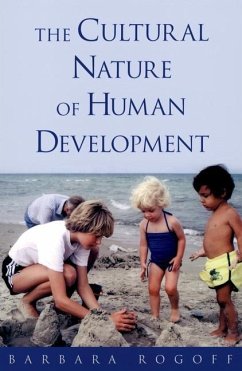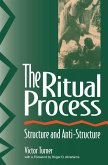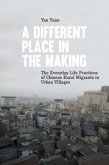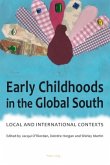The Cultural Nature of Human Development presents an account of human development that looks at both the differences and similarities among cultures. Beyond demonstrating that 'culture matters', Rogoff focuses on how culture matters in human development - what patterns help make sense of the cultural aspects of human development? Rogoff integrates research and theory from several disciplines, including cross-cultural psychology, sociocultural research, linguistic and
psychological anthropology, and history. The volume examines multiple aspects of development, including childrearing, gender differences, interdependence and autonomy, developmental transitions, maternal attachment, parental discipline, and cognition and culture.
Hinweis: Dieser Artikel kann nur an eine deutsche Lieferadresse ausgeliefert werden.
psychological anthropology, and history. The volume examines multiple aspects of development, including childrearing, gender differences, interdependence and autonomy, developmental transitions, maternal attachment, parental discipline, and cognition and culture.
Hinweis: Dieser Artikel kann nur an eine deutsche Lieferadresse ausgeliefert werden.








